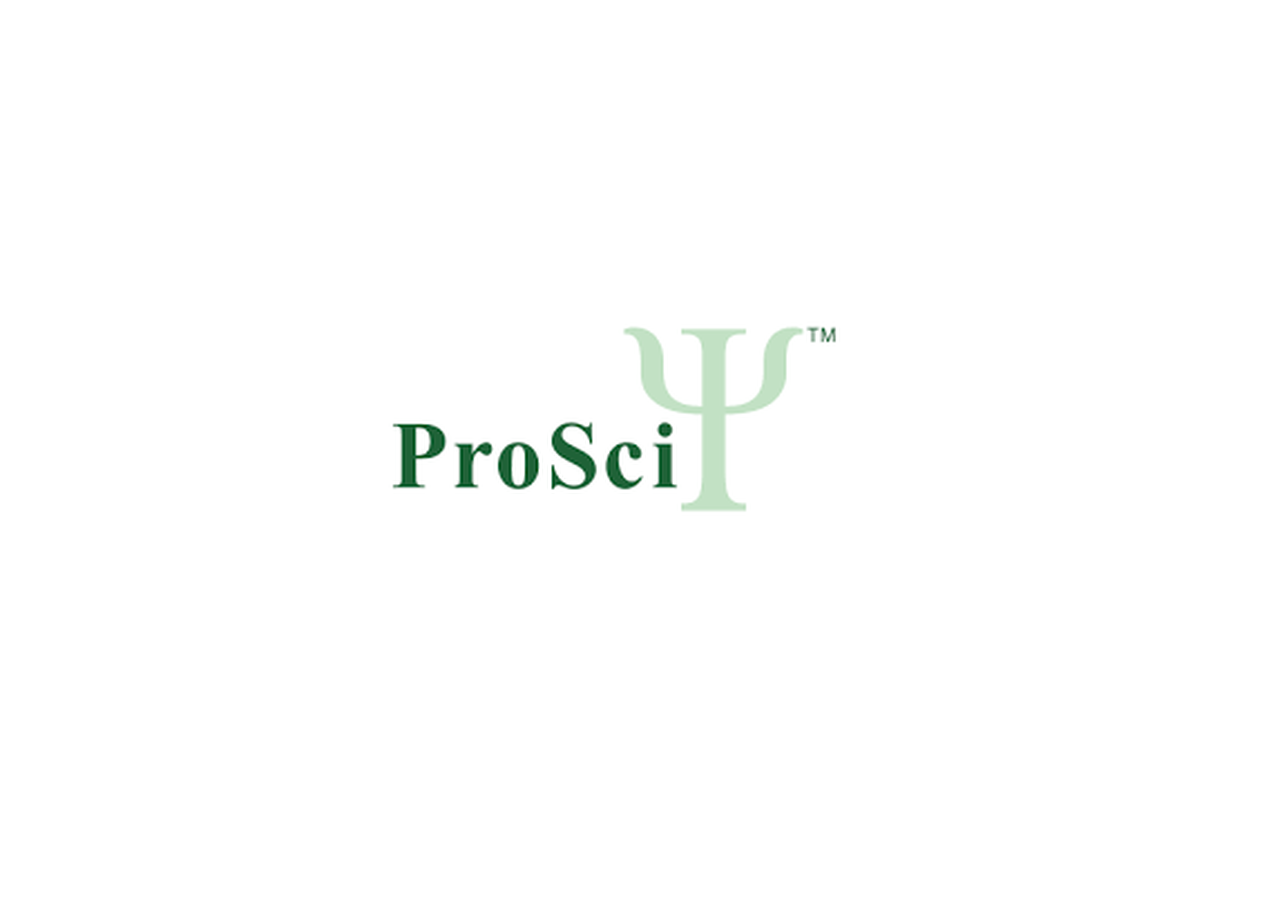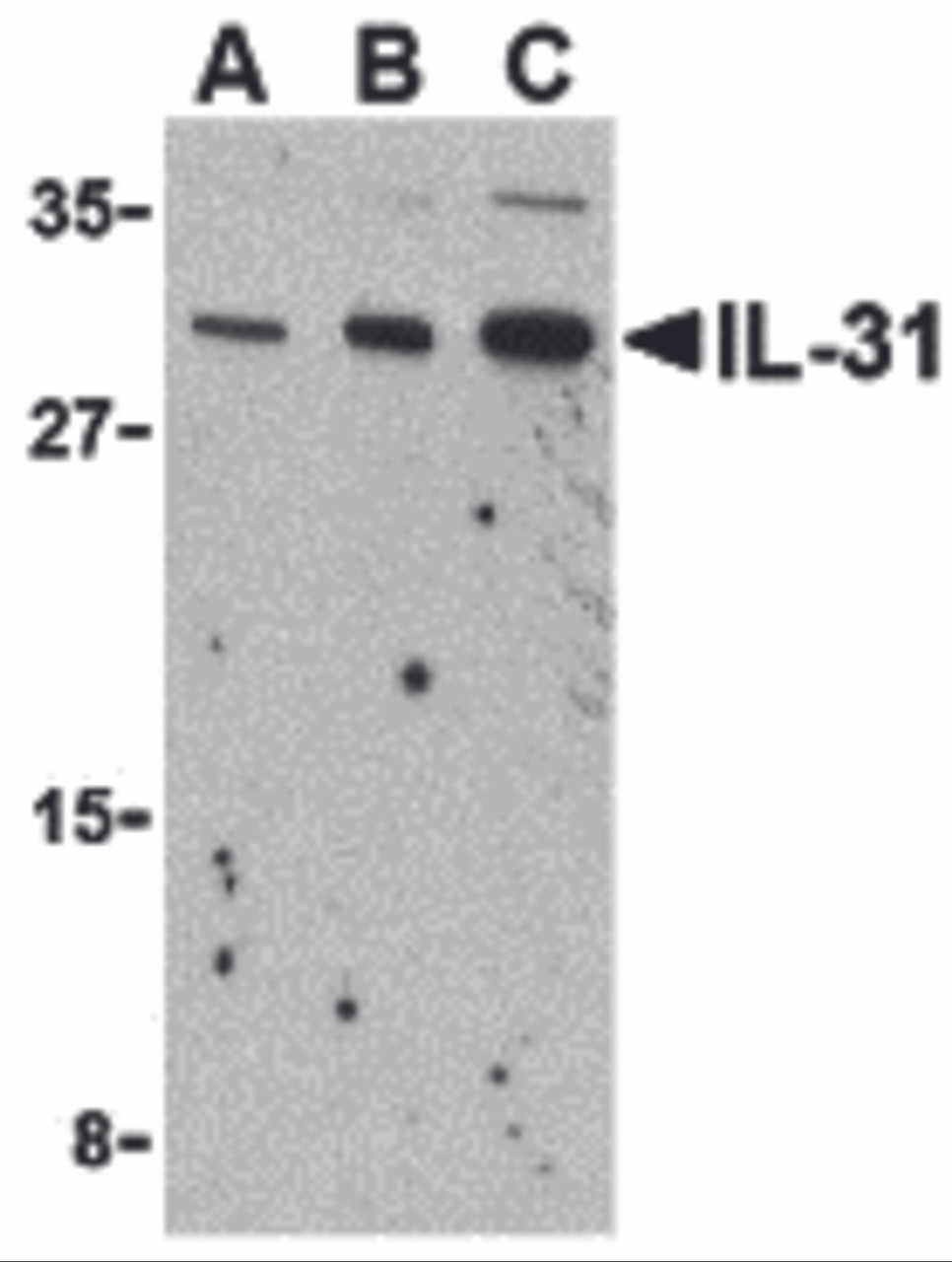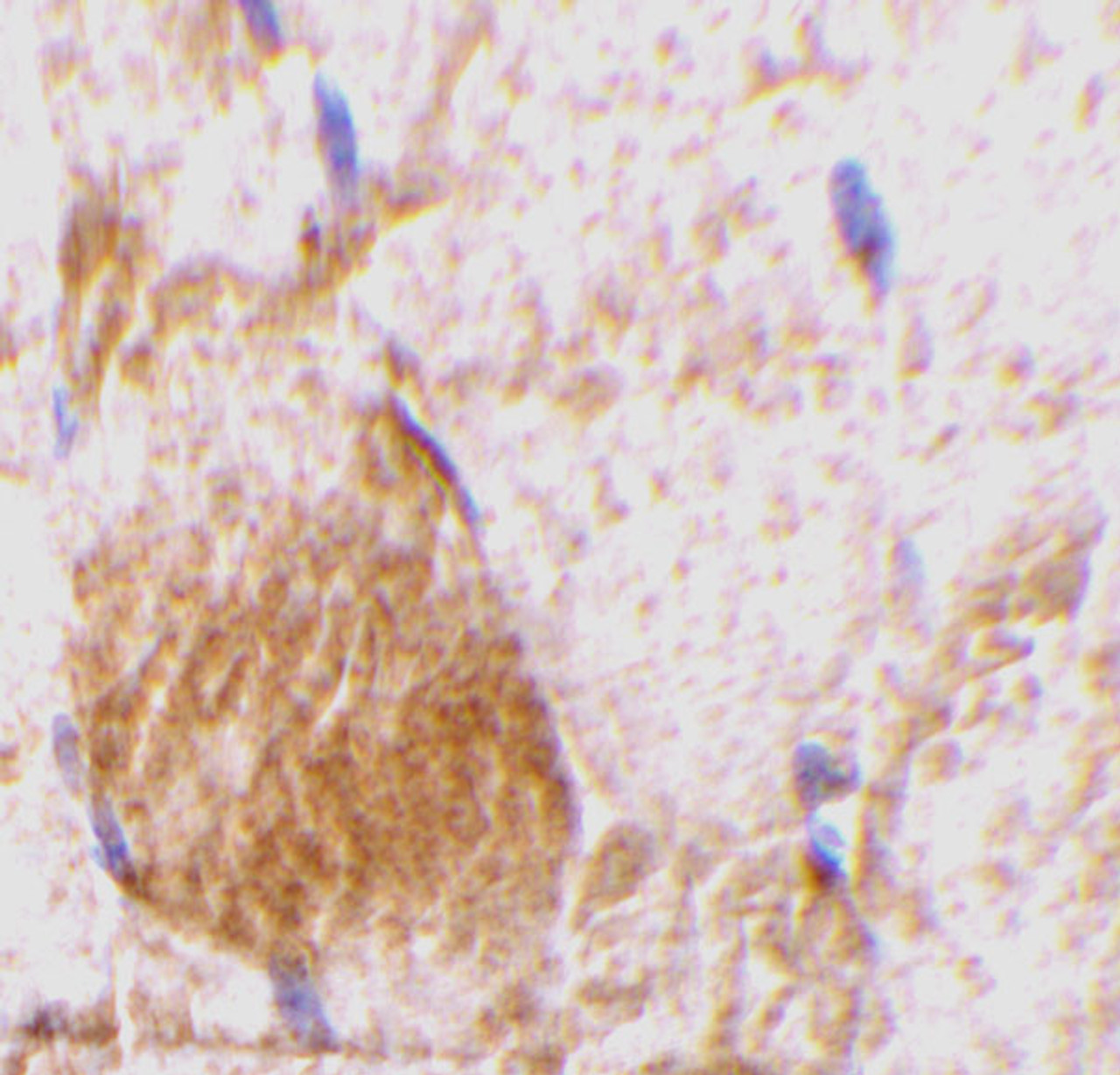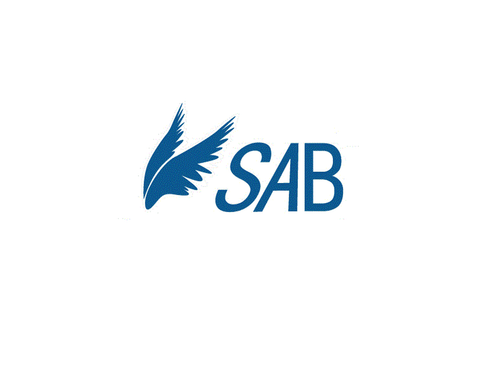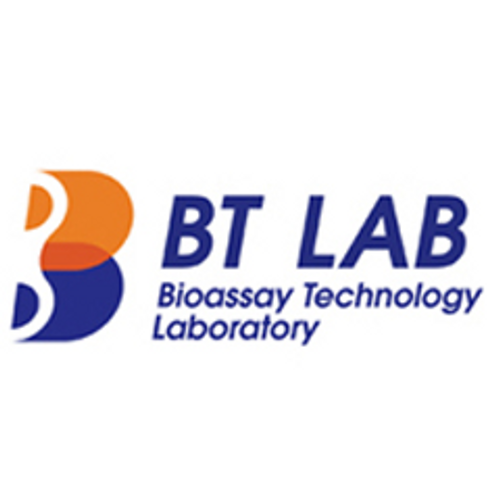Product Description
IL-31 Antibody | 3745 | ProSci
Host: Rabbit
Reactivity: Mouse
Homology: N/A
Immunogen: IL-31 antibody was raised against a 16 amino acid synthetic peptide from near the amino terminus of mouse IL-31.
The immunogen is located within amino acids 30 - 80 of IL-31.
Research Area: Signal Transduction, Chemokines & Cytokines
Tested Application: E, WB, IHC-P
Application: IL-31 antibody can be used for the detection of IL-31 by Western blot at 2.5 - 10 μg/mL. Antibody can also be used for immunohistochemistry starting at 10 μg/mL.
Antibody validated: Western Blot in mouse samples and Immunohistochemistry in rat samples. All other applications and species not yet tested.
Specificiy: N/A
Positive Control 1: Cat. No. 1283 - RAW 264.7 Cell Lysate
Positive Control 2: Cat. No. 1467 - Rat Skeletal Muscle Tissue Lysate
Positive Control 3: N/A
Positive Control 4: N/A
Positive Control 5: N/A
Positive Control 6: N/A
Molecular Weight: N/A
Validation: N/A
Isoform: N/A
Purification: IL-31 Antibody is affinity chromatography purified via peptide column.
Clonality: Polyclonal
Clone: N/A
Isotype: IgG
Conjugate: Unconjugated
Physical State: Liquid
Buffer: IL-31 Antibody is supplied in PBS containing 0.02% sodium azide.
Concentration: 1 mg/mL
Storage Condition: IL-31 antibody can be stored at 4˚C for three months and -20˚C, stable for up to one year. As with all antibodies care should be taken to avoid repeated freeze thaw cycles. Antibodies should not be exposed to prolonged high temperatures.
Alternate Name: IL-31 Antibody: 1700013B14Rik, Interleukin-31, IL-31
User Note: Optimal dilutions for each application to be determined by the researcher.
BACKGROUND: IL-31 Antibody: Interleukin-31 (IL-31) is a recently discovered T-cell cytokine closely related to IL-6 type cytokines and is preferentially produced by T helper type 2 cells. IL-31 activity is mediated through the ligand-induced oligomerization of a dimeric receptor complex containing IL-31 receptor A and oncostatin M receptor. In response to IL-31 binding, these proteins activate the JAK/STAT and the AKT signaling pathways. RNA levels of IL-31 receptor A and oncostatin M receptor are induced in activated monocytes but are expressed constitutively in epithelial cells. IL-31, when overexpressed in transgenic mice, results in the development of pruritis, alopecia, and skin lesions and in humans may result in atopic dermatitis, suggesting that IL-31 may represent a novel target for antipruritic drug development.
 Euro
Euro
 USD
USD
 British Pound
British Pound
 NULL
NULL

